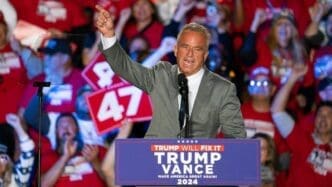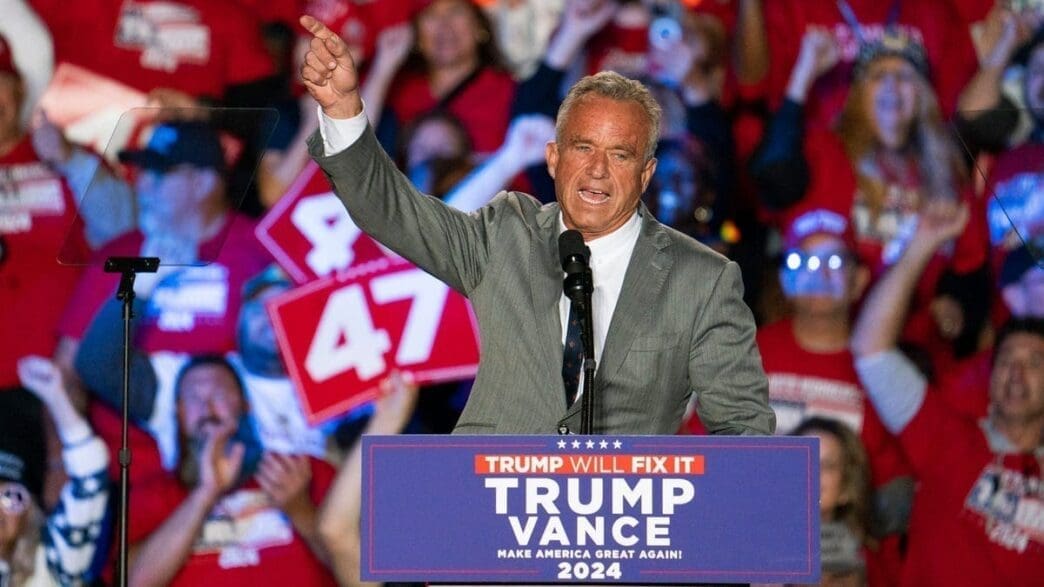President-elect Donald Trump has announced his Cabinet selections, sparking significant debate. Among those chosen is Robert F. Kennedy Jr. as the Secretary of Health and Human Services, a decision that has drawn criticism due to Kennedy’s controversial views on health matters, particularly vaccines.
Robert F. Kennedy Jr., known for his skeptical stance on vaccines and unsubstantiated claims about a link to autism, has been nominated as the Secretary of Health and Human Services. His nomination follows his role as an independent candidate during the 2024 campaign, after which he endorsed Trump. Despite his contentious opinions, Kennedy has emerged as an advisor on public health within Trump’s circle, even coining the phrase ‘Make America Healthy Again.’ Lawmakers and public health experts have expressed concern, with figures like Sen. Patty Murray dismissing Kennedy as a ‘fringe conspiracy theorist.’
In addition to Kennedy, President-elect Trump has appointed Todd Blanche, who previously defended him in a high-profile trial, as Deputy Attorney General. Former SEC Chair Jay Clayton will assume the role of U.S. Attorney for the Southern District of New York. Meanwhile, Doug Collins, a loyal former congressman, is set to lead the Department of Veterans Affairs. These appointments highlight Trump’s preference for allies and loyalists in strategic positions.
Kennedy’s vaccine skepticism has previously resulted in significant public health challenges. Notably, during a 2019 measles outbreak in Samoa, his advocation for anti-vaccine rhetoric was accused of amplifying the crisis, according to vaccinologist Helen Petousis-Harris. Kennedy has also voiced plans to remove fluoride from drinking water, a chemical added since 1945 to combat tooth decay. Although unlikely to gain traction due to local regulations, his stance adds to the controversy surrounding his appointment.
In July 2023, Kennedy faced backlash for asserting that COVID-19 could be ‘ethnically targeted.’ He claimed the virus was designed to attack Caucasians and Black individuals but not Ashkenazi Jewish or Chinese people—an assertion with no basis in fact. Trump’s decision to nominate Kennedy indicates an intention to bypass standard Senate confirmation processes if necessary.
Apart from Kennedy, Trump has made several other notable appointments. Susie Wiles will become the first female White House Chief of Staff. Rep. Matt Gaetz is nominated for Attorney General, Marco Rubio for Secretary of State, and Tulsi Gabbard for Director of National Intelligence, showcasing a broad spectrum of experienced individuals and trusted allies. Even as Trump fills these roles with dedicated supporters, criticism surrounds his selections, with questions about the practical implications of these appointments continuing to arise.
President-elect Trump’s recent Cabinet picks have sparked extensive discussion and scrutiny. Robert F. Kennedy Jr.’s nomination, in particular, has drawn attention and criticism for his controversial viewpoints. As Trump continues to shape his administration with loyalists, the choice of figures like Kennedy and Gaetz draws both support and concern from various quarters.
Source: News-journalonline








